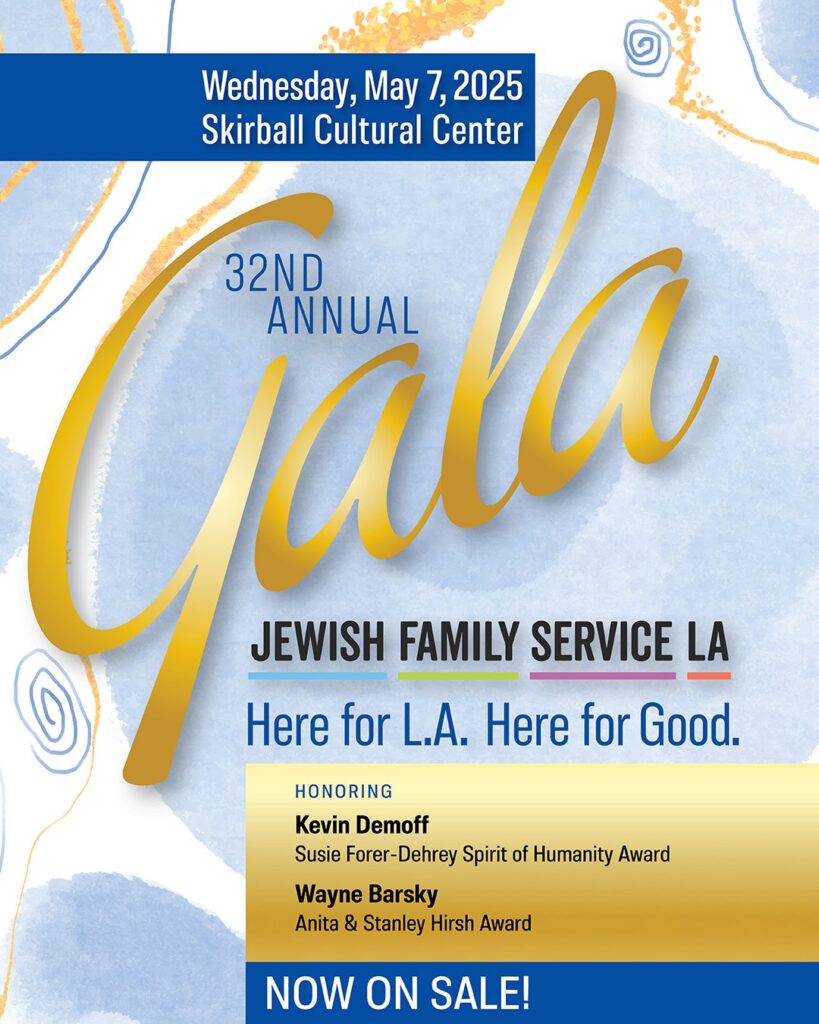JFS Addiction Prevention & Education Services Embrace a New Normal
JFS’ Addiction Prevention & Education Services (ADAP) provide an array of substance abuse prevention, education, and support services to the community. Our skilled clinicians conduct presentations, trainings, and workshops to raise awareness about the risks of alcohol and drug use, and offer prevention information, drug education, consultation, referrals, and more. These services are funded by the Los Angeles County Department of Public Health, Substance Abuse Prevention and Control.
—
“Small but mighty” is how Linda Gingras, LMFT, CADC II, Manager of JFS’s Addiction Prevention & Education Services (ADAP), refers to her team. The ADAP team consists of Linda, Katrina Wisely, MSW, ADAP Prevention Specialist, and Stephanie Davis, MSW, ADAP Prevention Coordinator.
Katrina and Stephanie facilitate student groups with the EPIC (Educate, Promote, Inspire, Change) Life Skills Program in schools in Mid-Los Angeles and in the San Gabriel Valley. EPIC is provided to middle school students identified by school counselors as vulnerable to a range of challenges, including peer pressure, bullying, substance use, and other risky behaviors. Students are grouped together and learn about topics including self-care, effective communication, and stress management.
Before the pandemic, Stephanie and Katrina would go into schools and facilitate these groups in person. But the pandemic changed the status quo, and they weren’t even able to close out some of their spring groups.
“At the end of last year, we didn’t get a formal goodbye to a lot of our groups, so that was a big shakeup for the students,” said Stephanie. “We really tried to make efforts to continue to connect with them, and at the end of last year we were able to roll out some toolkits to the schools we worked with, including online resources and tools they could continue to use throughout the rest of the school year and summer.”
Because of the abrupt end to their groups, the ADAP team weren’t sure how they were going to continue the EPIC Life Skills Program.
“Our biggest concern was how we were going to keep connected to the schools and keep the relationships with the counselors and communities we were working with,” said Stephanie Davis.
As the team took on the challenge of trying to figure out how they were going to make their groups work, they managed to overcome several major barriers and found innovative ways to engage students virtually, while serving more students than ever before.
“I thought going virtual was going to go horribly, but I actually really enjoyed it and it seemed like the kids did, too,” said Katrina. “I had a really good experience working with the kids online.”
The team was introduced to NearPod, an online platform where they were able to create custom interactive presentations and lessons which students were able to engage with virtually.
“Through NearPod we could make a survey at the beginning of the group of what they wanted to focus on. We could see where the group was at, what the top thing they were interested in was which showed us where we could start.
“At the end of each lesson, I asked for feedback. We would get a lot of positive feedback, that I truly wasn’t expecting. The kids were saying ‘this is exactly what I needed’ and ‘this really helped me,’” said Katrina.
“The educational modules and ‘toolkits’ we created were also designed to be shared with any student, not just group participants. These toolkits address topics such as self-esteem, peer pressure, and time management,” said Linda. “We have used these in virtual campaigns, and they have been distributed through school websites and messaging.”
With the support of school counselors and the schools themselves, the EPIC Skills Program was able to thrive virtually more than ever before.
“It was a very exciting, new time for us doing everything online. I’m very proud of what we’ve done in the last year and a half, especially being such a small program, quickly moving everything online was a big success. To get all the support we received from the schools we were working with was amazing. They jumped on board with the online groups, and we were able to get most of the schools online,” said Stephanie. “We were able to reach into different schools, as well. This year, we had our first fifth graders group and first high school group, which something we’d been pushing to do in person and the fact we were able to do it online and very successfully, was really awesome to see.”
On top of adding fifth grader and high school groups, Stephanie and Katrina were able to host multiple groups as they were no longer confined to just the lunch hour. Schools worked with them and allowed students to use their elective period or independent hours to participate in the virtual groups.
“When we were on campus, we were limited to opportunities to work with students. A lot of our school partners were only allowing us to hold groups during the lunch hour. With all the middle schools having lunch at the same hour, it was hard to get more than one group a day,” said Stephanie. “Moving everything online gave us the opportunity to hold more groups a day. That was a great advantage and something we’d like to continue.”
At the time of this interview, Stephanie and Katrina weren’t sure what the upcoming 2021-2022 school year would like for their groups but were prepared to provide EPIC Like Skills groups at any capacity, whether in person, virtually, or in a hybrid model. Their small but mighty team is confident in their ability to be flexible and available, as they had learned to be over the last year.
To learn more about this and other programming offered by our Addiction & Prevention Services, which is available to general and faith-based communities, you can click here or call 310-247-1180.
